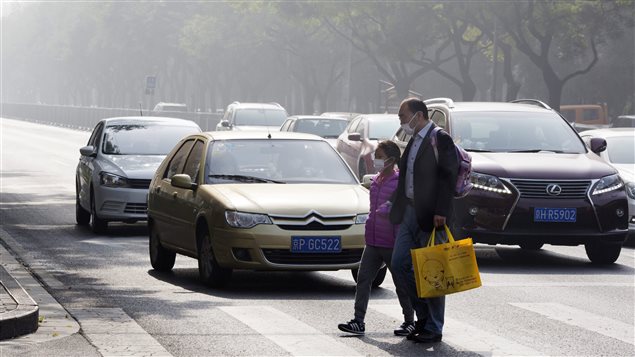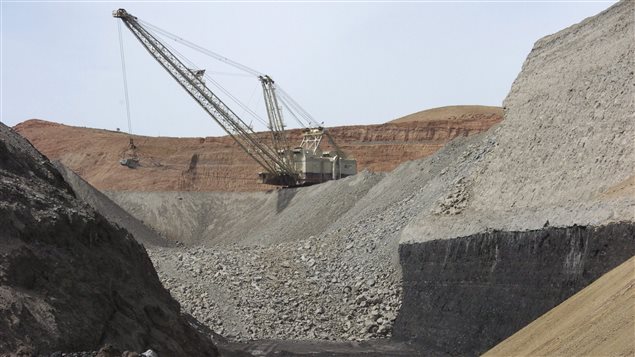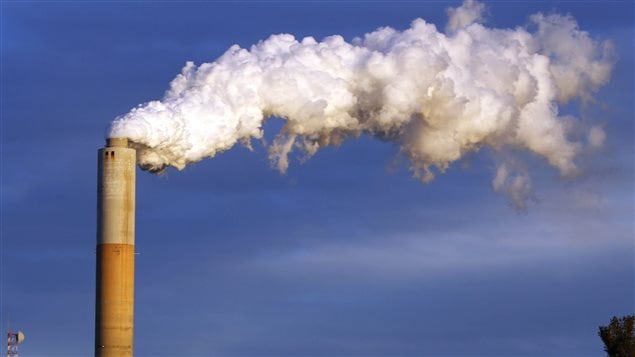U.S. President-elect Donald Trump has called climate change “a hoax” and will likely reject the international Paris Agreement to reduce greenhouse gases and mitigate the effects of global warming. This will likely affect Canada’s efforts and possibly those of other countries.
“Historically, going back to the early 1990s when we started to develop Canadian climate change policy, business actors within Canada were continually reminding Canadians of the importance of making sure that our policy doesn’t get too far out of sync with American policy. And by and large it never really has,” says Prof. Douglas Macdonald, senior lecturer at the School of the Environment at the University of Toronto.
ListenCanadian companies worried about competition
Canadian businesses have long worried that if they have higher costs due to climate change policy, they will not be able to compete with those that do not similar expensive regulations in the U.S. The U.S. is by far Canada’s biggest trading partner with 2.4 billion worth of goods crossing the border each day.
That said, the province of British Columbia has already imposed a carbon tax to reduce greenhouse gas emissions and environmentalists could argue that has not hurt its economy. Since it took office one year ago, Justin Trudeau’s government has committed to reducing emissions and he has told the provinces they must come up with a carbon pricing scheme or he will impose one at the federal level. This is not well received by some provinces and Trump’s stand may make it easier for them to equivocate.

China-U.S. climate pact could collapse
There is also concern that a pact between China and the U.S. to reduce emissions will collapse. These two countries are the highest emitters in the world. On the campaign trail, Trump vowed to remove regulations designed to slow the production of electricity through burning coal, a big source of carbon emissions. This played well to coal-producing states, as did other measures to foster the production and use of fossil fuels. But it is a blow to efforts to reduce greenhouse gas emissions.
Macdonald says China would likely continue its efforts to reduce emissions because pollution from burning coal has become a major problem domestically.
More pipelines promote use of fossil fuels
Trump has also vowed to reverse President Obama’s decision to stop the Keystone XL pipeline which would bring crude from Canada’s western oilsands to the U.S. coast on the Gulf of Mexico. If this occurs, it could make it easier for the Canadian government to approve other pipeline projects which are opposed by some provinces, environmentalists and many indigenous groups.
Internationally, Macdonald says countries will suffer from a withdrawal of the leadership that was provided by the United States on climate change. He says many countries will continue their efforts, as will individual states within the U.S.

Will Trump change?
Scientists, environmentalists and other hope Trump will change his hard-line views on climate change after taking office. Said Alden Meyer of the Union of Concerned Scientists to Canadian Press, “even he does not have the power to amend and change the laws of physics, to stop the impacts of climate change, to stop the rising sea levels.”
Regardless, scientists say countries not doing enough
Many scientific studies show countries are not on track to keep the temperature increase from preindustrial times to below 2 degrees C. Temperatures have already gone up by one degree.







For reasons beyond our control, and for an undetermined period of time, our comment section is now closed. However, our social networks remain open to your contributions.